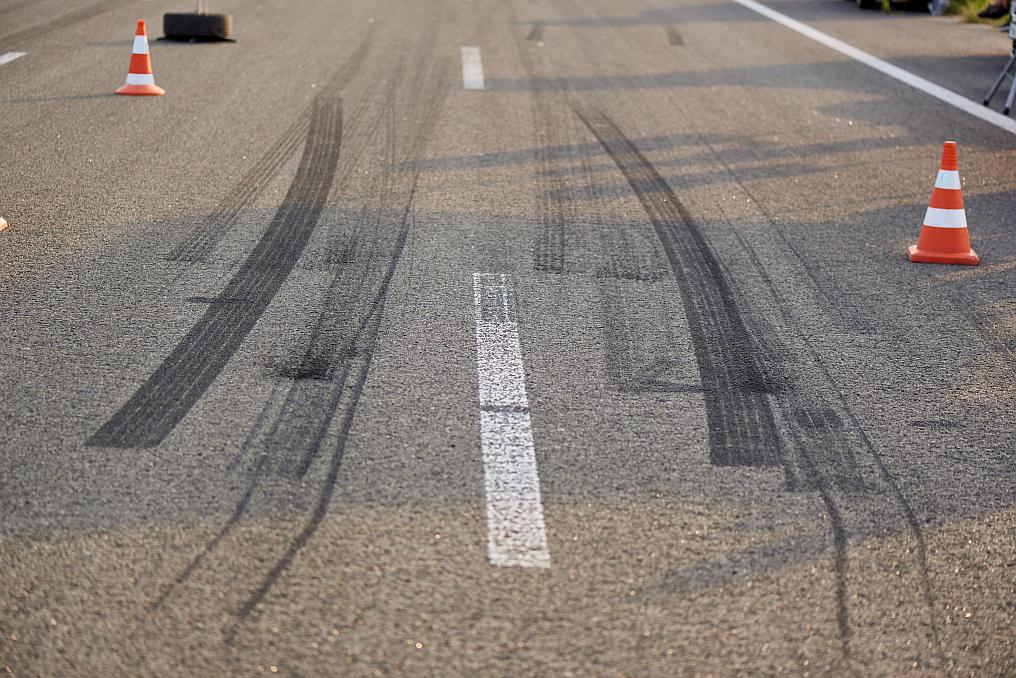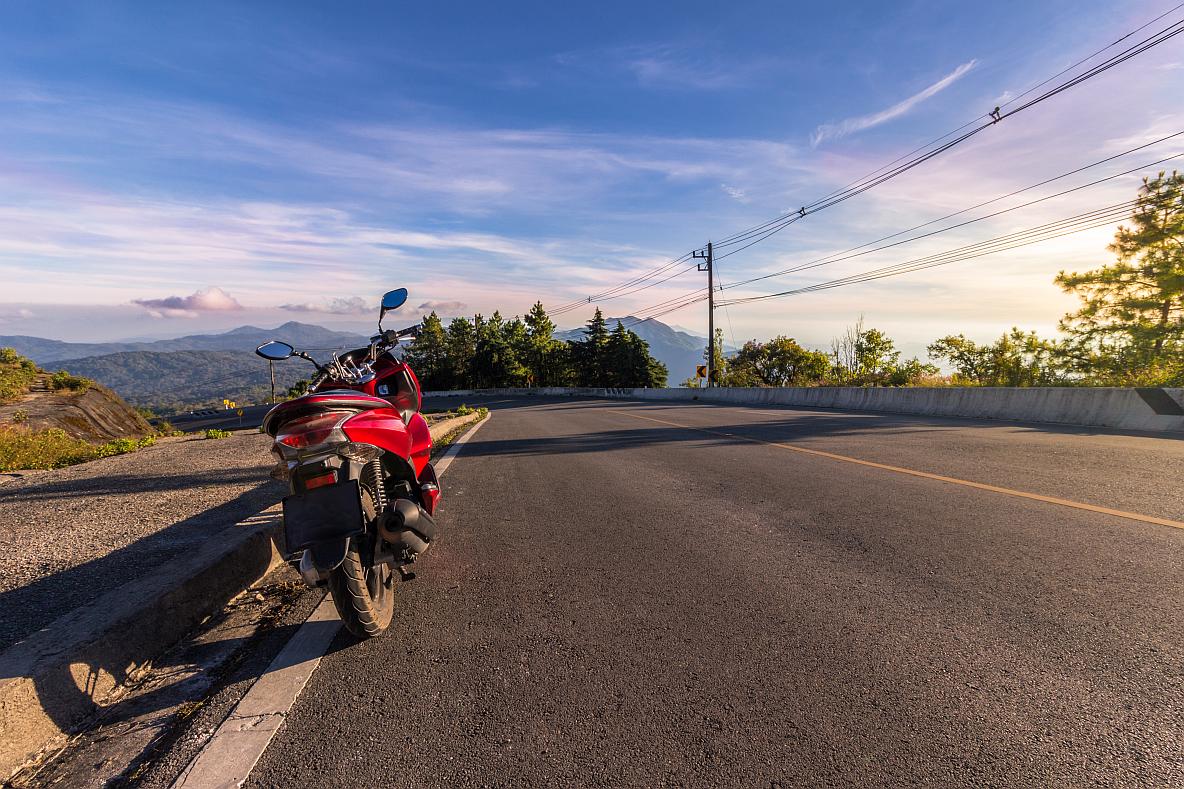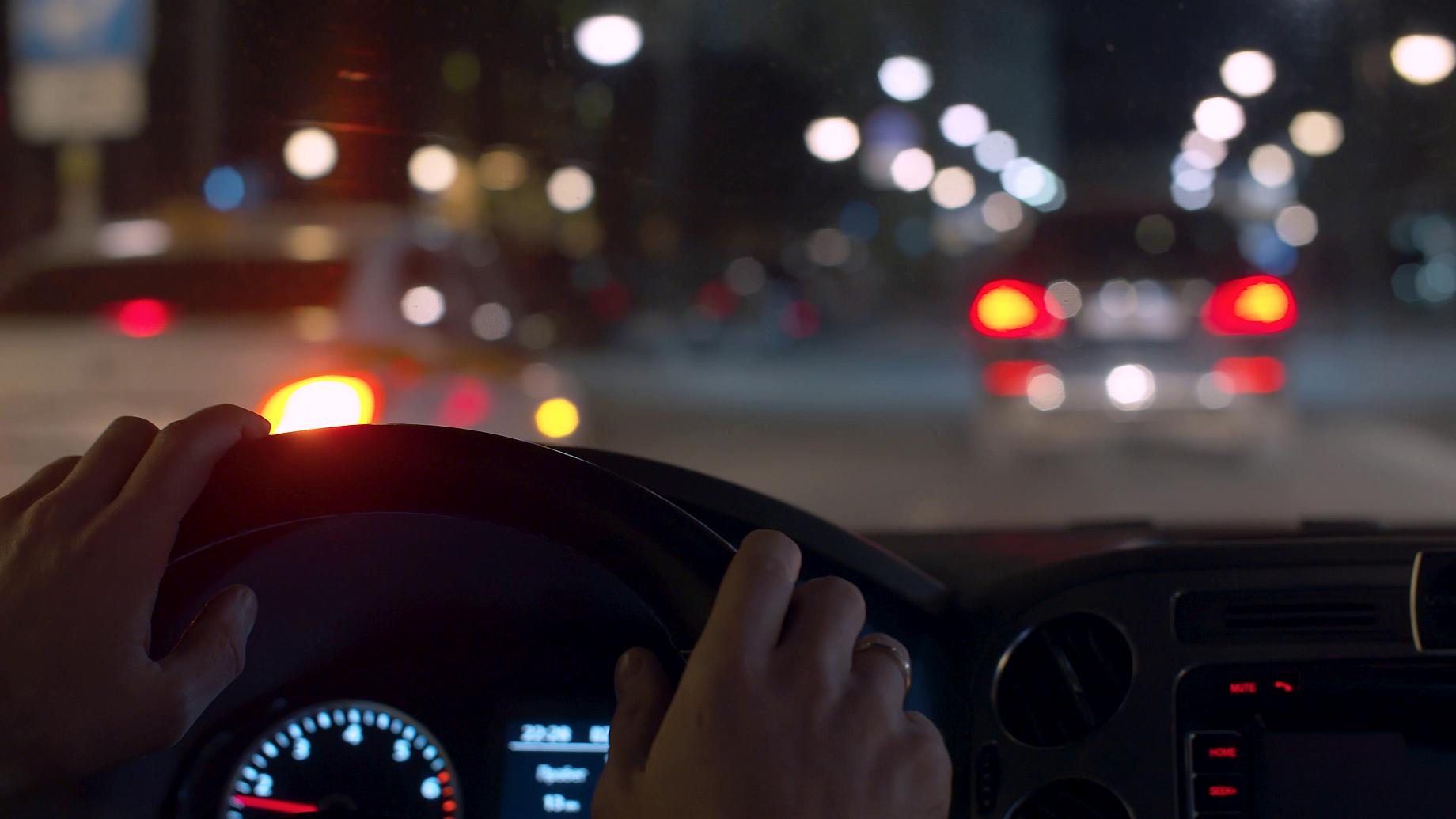Summer does not officially start until Sunday, June 20. However, for most people, the Memorial Day weekend kicks off the summer season. That means weekend trips to the beach, barbecues with family and friends, and road trips to other outdoor destinations to enjoy the warm weather. Unfortunately, Memorial Day weekend is also one of the most heavily traveled weekends of the year, so traffic is bound to be heavy and the risk of car accidents increases significantly. In fact, according to a recent study, Memorial Day is the deadliest of all holidays when it comes to car accidents. Many of these accidents can be prevented if motorists avoid unsafe driving behavior, follow the rules of the road, and use extra caution when traveling over the holiday weekend.
According to the National Safety Council (NSC), approximately 400 people lose their lives and over 43,000 people are seriously injured in car accidents each year over the Memorial Day weekend. One study found that motorists and passengers are four times as likely to suffer a fatal injury in a car accident during the holiday weekend compared with other non-holiday weekends throughout the year. The other holidays that are almost as dangerous are the Fourth of July and Labor Day, which is why the period between Memorial Day and Labor Day is known as the 100 Deadliest Days of Summer. If all motorists pay attention to their surroundings, slow down, avoid tailgating and aggressive driving behavior, and make safety a priority, holiday travelers will be able to reach their destinations safely rather than ending up in the emergency room, or worse, said the president and CEO at the NSC.
What are the Top Causes of Fatal Car Accidents Over Memorial Day Weekend?
There are a number of factors that make Memorial Day weekend one of the most dangerous weekends when it comes to highway accidents, including the following:
- Heavy traffic: According to AAA, close to 40 million Americans travel more than 50 miles over the Memorial Day weekend. The more vehicles on the road, the more likely it is that a serious car accident can occur.
- Drowsy driving: Motorists who are not well rested before driving are at an increased risk of causing a car accident. In fact, fatigued drivers can experience the same impairments as drivers who are under the influence of alcohol. Slower reaction times, reduced coordination, and a greater likelihood of becoming distracted are common risks associated with drowsy driving.
- Drunk driving: Too often, motorists get behind the wheel after consuming alcohol at a Memorial Day event. Despite knowing how dangerous and potentially deadly this can be, motorists continue to engage in this extremely unsafe behavior. Alcohol impairs judgment, coordination, reaction times, and the ability to pay attention to other motorists on the road. Close to 70% of drunk driving fatalities occur between the hours of 8:00 p.m. and 4:00 a.m.
- Aggressive driving: Tailgating, running red lights, speeding, and weaving in and out of traffic lanes are all examples of aggressive driving. Impatient drivers who are in a rush to get to their destination often engage in these behaviors. They can cause very serious accidents, particularly if the at-fault driver was speeding.
- Distracted driving: This continues to be a serious problem, particularly among inexperienced teen drivers. When driving on a busy highway or a local road, one moment of distraction can have devastating consequences if the distracted driver hits another vehicle.
What Safety Tips can Help Prevent a Car Accident?
When traveling over the Memorial Day holiday, it is easy to get caught up in the excitement of seeing friends and family and enjoying the long, hopefully sunny, weekend. Travelers are eager to arrive at their destination so that they can soak up as much fun in the sun as possible over the long weekend. The following are important safety tips that can help travelers avoid serious car accidents that are common during the Memorial Day weekend:
- Do not drink and drive: If a motorist is headed somewhere where alcohol is going to be served, they should refrain from drinking, choose a designated driver for the night, or arrange for a ride home with a ride-sharing company.
- Avoid distractions: Talking and texting on the phone are some of the most common causes of distracted driving accidents. Other examples include reaching for something in the back seat, adjusting the temperature, eating, and talking to another passenger in the vehicle. One moment of distraction can have devastating consequences, particularly when driving on a busy highway during heavy holiday traffic. Drivers who are under the influence of drugs or alcohol are also more likely to be easily distracted.
- Get enough sleep: Drowsy driving is another common yet preventable cause of car accidents over Memorial Day. When a driver has been awake for an extended period, he or she may experience symptoms similar to being drunk.
- Practice defensive driving: Although drivers cannot control how other motorists drive, they can take steps to be aware of how other motorists are driving and put distance between themselves and another driver who is tailgating, speeding, or exhibiting other signs of dangerous driving behavior. In addition, motorists should always maintain a safe following distance, observe the posted speed limit, and use his or her turn signals appropriately.
- Check the weather report: Even though the weather is becoming warmer and sunnier, the conditions can change quickly. Sunny skies disappear in a flash when a summer thunderstorm brings heavy rain, lightning, and gusts of wind. Motorists should avoid driving when the weather is bad. Even a light rain can increase the risk of hydroplaning. However, if driving is unavoidable, motorists should slow down, leave extra following room, and pay close attention to the other motorists on the road.
- Keep the vehicle well maintained: Drivers should take their vehicle to a qualified service professional to make sure that the vehicle is working properly and have any repairs made before traveling.
- Wear a seat belt: Wearing a seat belt may not prevent a car accident, but it can save motorists’ lives or reduce the severity of injuries in the event of a serious car accident.
What can I Do to Prepare My Vehicle for Summer Travel?
Before motorists head to the beach, or the lake, or to visit family or friends for a pool party or cookout, they should make sure that their vehicle is maintained and that any repairs are made before traveling, even if they are staying local. AAA urges all motorists to refer to the following checklist to ensure that their vehicle is in good working condition and ready for summer travel:
- Check tire pressure: Fluctuations in temperature can cause the air inside the tires to expand or constrict. Drivers should make sure that the tire pressure is inflated to the manufacturer’s recommended pressure, which can be found in the owner’s manual, or on the sticker of the driver side door jamb. The car owner should check all four tires, as well as the spare, for any cuts, gouges, or sidewall bulges and replace them if necessary.
- Check the brakes: If the brakes start to make a grinding sound or vibrate when the driver applies pressure to the brake pedal, the vehicle should be inspected by a qualified service professional. The technician will check for any fluid leaks, as well as the condition of the pad, rotors, shoes, and drums.
- Test the battery: Extreme cold can wear down the battery, so after the winter season is over, it is highly recommended that the battery is checked to determine the remaining capacity and ensure that the cable connections are clean and tight, and that the hardware is secure.
- Check fluid levels: Either the owner or a service professional should check the oil, coolant, brake, and transmission fluids and top them off if they are running low. Fluid levels should meet the specifications listed in the owner’s manual.
- Replace wiper blades: Rubber windshield wiper blades can deteriorate and become less effective over time. This can lead to streaking and debris getting stuck on the windshield. Wiper blades can be replaced by the car owner or a service professional. The windshield fluid should also be filled or replaced.
- Check all belts and hoses: These can become cracked, glazed, or frayed over time. If there are visible signs of wear and tear, they should be replaced. Drive belts should generally be replaced every 60,000 miles.
Los Angeles Car Accident Lawyers at ACTS LAW Represent Victims of Memorial Day Car Accidents
If you or someone you love was injured in a car accident, contact the Los Angeles car accident lawyers at ACTS LAW as soon as possible. We will thoroughly investigate the details of the accident and determine whether the other motorist was negligent in any way. Our dedicated legal team will assist you with every step of the claims process and fight to secure the financial compensation you deserve for your injuries. To schedule a free, confidential consultation, call us today at 833-228-7529 or contact us online. With offices located in San Diego and Los Angeles, we serve clients throughout Southern California.


